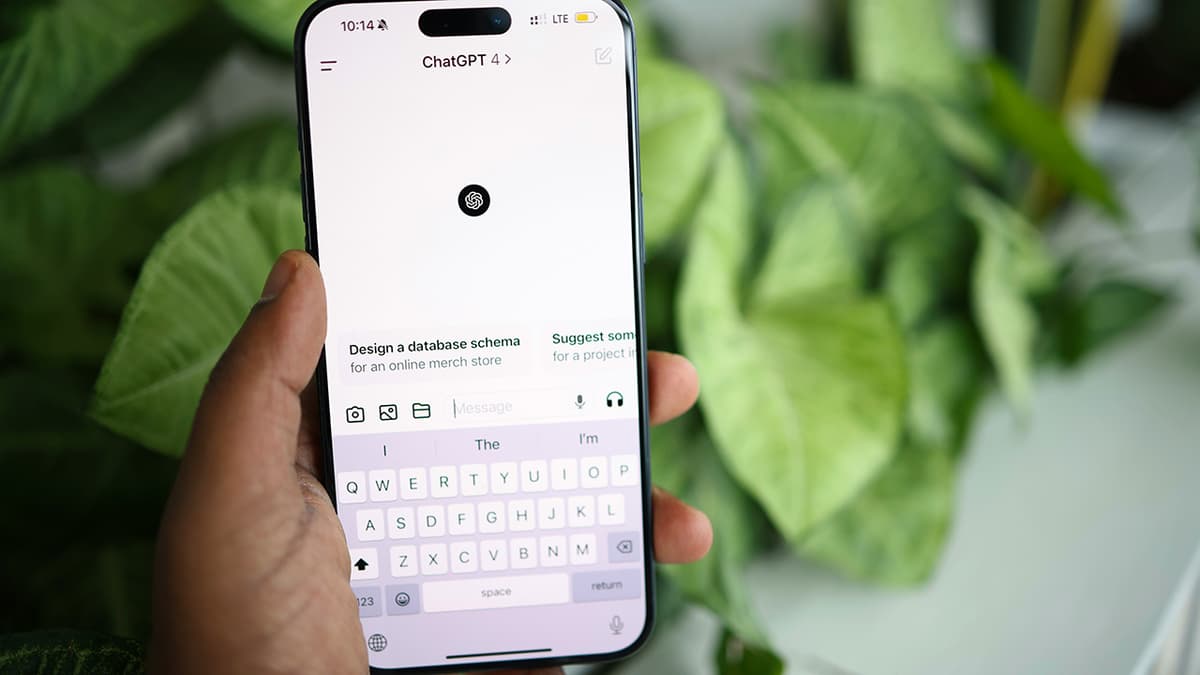How ChatGPT Knows Today's Date While API Models Like GPT Return the Knowledge Cut-off Date
When interacting with AI models like ChatGPT, you might notice that it can accurately tell you today's date, while API-based models like the GPT API or Gemini API often return the last date from their knowledge cut-off. This discrepancy stems from the different ways these systems are designed. While both are built on large language models, ChatGPT has additional features that enable real-time responses, such as providing the current date. Meanwhile, API models rely solely on their static training data, which limits their ability to offer up-to-date information.
Static Knowledge Models and Cut-off Dates
API models like the GPT API or Gemini API are primarily based on static versions of language models. These models are trained on vast datasets that provide them with the knowledge they use to generate responses. However, the knowledge within these models has a specific cut-off point. After that point, they do not have access to new or updated information unless they are retrained.
This means when you ask these models what today's date is, they cannot access real-time information. Instead, they rely on the last available date within their training data. For instance, if a model’s knowledge cut-off is in September 2023, it will return a date from that period because it does not possess any awareness of the passage of time beyond its training.
This limitation is an inherent part of the static nature of these API models. Their responses are based solely on the information they were trained on and do not dynamically update unless new data is introduced via retraining, which typically happens at intervals decided by the developers.
The Dynamic Nature of ChatGPT
ChatGPT, on the other hand, operates differently when it comes to providing real-time information. While it, too, is built on language models with a knowledge cut-off date, OpenAI has implemented additional layers to support certain dynamic features, such as providing the current date.
One of the most significant enhancements in ChatGPT is its access to a real-time system layer that can pull specific kinds of up-to-date information. This allows it to perform tasks such as returning the current date, calculating the time difference between two dates, or even giving information about recent world events if it has been augmented with browsing capabilities or connected to a real-time information source. These capabilities are not inherent to the model’s training itself, but rather, they are part of a more flexible architecture designed to enhance user interactions.
The ability to access the current date is typically hardcoded into the system running ChatGPT. This means that when a user asks "What is the date today?", ChatGPT doesn't rely on its model's knowledge, but instead, it checks the system’s clock, similar to how any other software application would. This real-time querying is what allows it to return the correct answer.
Real-Time Capabilities and User Expectations
The difference between ChatGPT and API-based models in handling simple queries like today's date highlights a broader distinction between static and dynamic models. When developers release API versions of models like GPT or Gemini, they prioritize the model’s ability to handle vast amounts of static knowledge efficiently. But this comes with trade-offs, particularly around handling real-time information.
ChatGPT, being designed for more interactive and practical usage scenarios, integrates features like time awareness to meet user expectations more closely. This enhances the user experience by providing answers that feel more relevant to the moment, especially in cases where real-time information is necessary.
This also explains why ChatGPT can offer a better experience in certain everyday interactions where the user expects timely or updated information. Whether it's checking today's date, providing the weather (in cases where browsing tools are enabled), or delivering other real-time data, ChatGPT has the mechanisms in place to deliver more relevant answers, even though the underlying model itself is static and subject to a cut-off.
System Integration and Real-Time Adjustments
The key difference is not just the model's knowledge but the infrastructure surrounding ChatGPT. ChatGPT integrates with system-level functions, such as fetching the current date or performing real-time calculations. This is a relatively simple yet effective enhancement that goes beyond the model's training data.
For API-based models like the GPT API or Gemini API, this type of system-level integration is typically not present unless developers build it into their own applications. These APIs are meant to serve as powerful, versatile tools that developers can deploy in various contexts. It is up to the developers using the API to implement additional features, such as integrating a real-time clock or other dynamic systems, to enable similar functionality.
In ChatGPT, the development team has taken care of these user-facing details, ensuring that features like the current date are built into the user interaction experience. This removes the burden from the user or developer to handle it themselves, which makes ChatGPT more responsive to immediate needs.
So, the reason ChatGPT can provide the current date while API-based models return a cut-off date lies in its integration with system-level features. This added functionality allows ChatGPT to deliver more dynamic and timely responses, enhancing the user experience. In contrast, API models like GPT and Gemini are designed to be flexible tools, relying on developers to add such real-time capabilities. By building in features that pull live data, ChatGPT bridges the gap between static knowledge and real-time interactions, offering a more intuitive experience for users.












